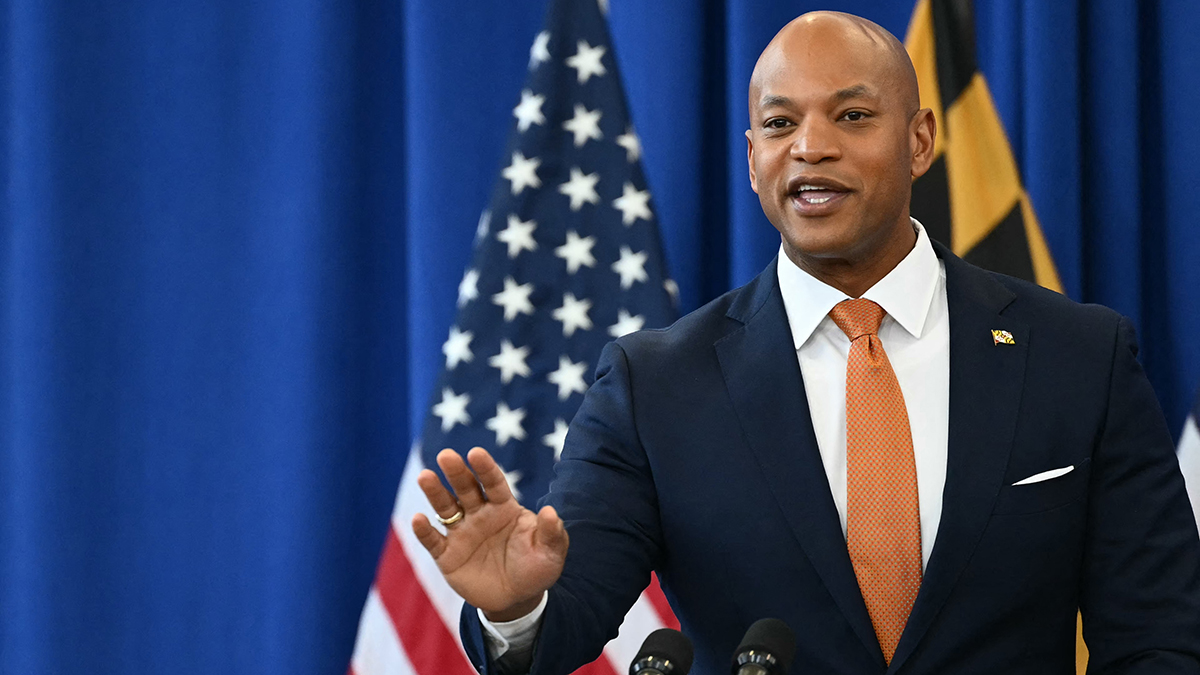February will mark three years since Russia's invasion of Ukraine. Since then, more than 600 Ukrainian children have been killed.
To honor the lives lost, hundreds of teddy bears were placed at the Washington Monument Friday morning.
Voices raised to the words of the Ukrainian national anthem drifted across the monument grounds. Teddy bears were arrayed in neat rows, each representing a child who has been killed in the war with Russia.
“We can hear the statistics and say something of this on the news, but this very powerfully visualizes what is happening to the children of Ukraine,” said Jeff Abrams, the director of Rescue Ukraine.
We've got the news you need to know to start your day. Sign up for the First & 4Most morning newsletter — delivered to your inbox daily. Sign up here.
This memorial observance aims to honor those who died at an age where their concerns should have been about child's play, not missiles and war. There are 600 of these bears, each bearing a child victim's name and age.
“But we know of many more that have been stolen, that have been wounded, that have been orphaned, been displaced,” Abrams said.
It's also about calling attention to the plight of Ukrainian families and their most vulnerable members: the children.
Local
Washington, D.C., Maryland and Virginia local news, events and information
David Plaster has been active in relief efforts — a post military vocation that includes spending time in Ukraine.
“When an American gets off the train and comes in Kyiv or Lviv and West Ukraine, they're just very thankful, appreciative for the help,” he said.
With the coming change in U.S. presidential administrations, efforts to keep that help coming are more critical. Plaster explained that aid to Ukraine in the form of weapons and material actually helps American industry and American factories where those materials are manufactured.
“There's no C-130 dropping money down over Ukraine,” he said.
The mourners planned to pray on Capitol Hill and protest at the Russian embassy.
The bears will go on an odyssey of their own. Most will go to Ukraine — to hospitals, orphanages and families — as vestiges of childhoods lost and perhaps a welcome diversion for those too young to understand war, but not too young to fall victim to it.



